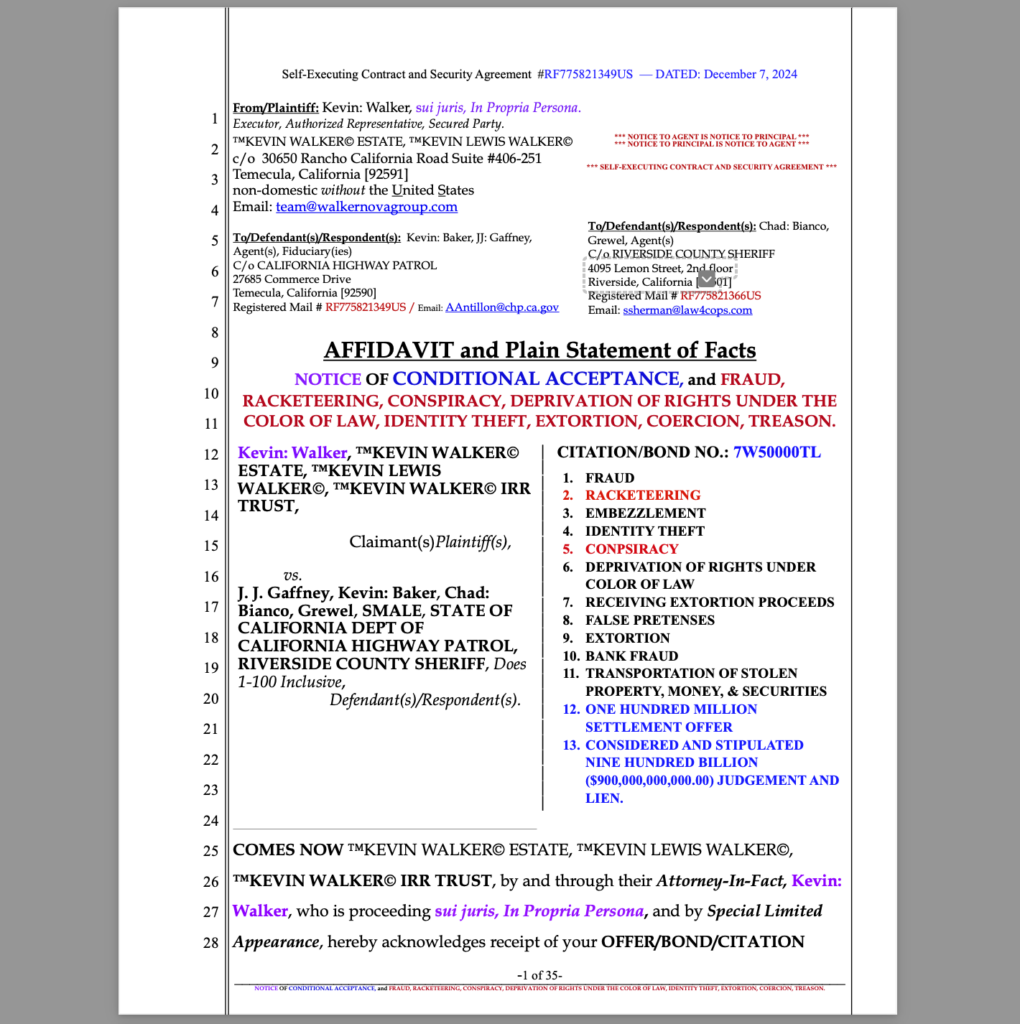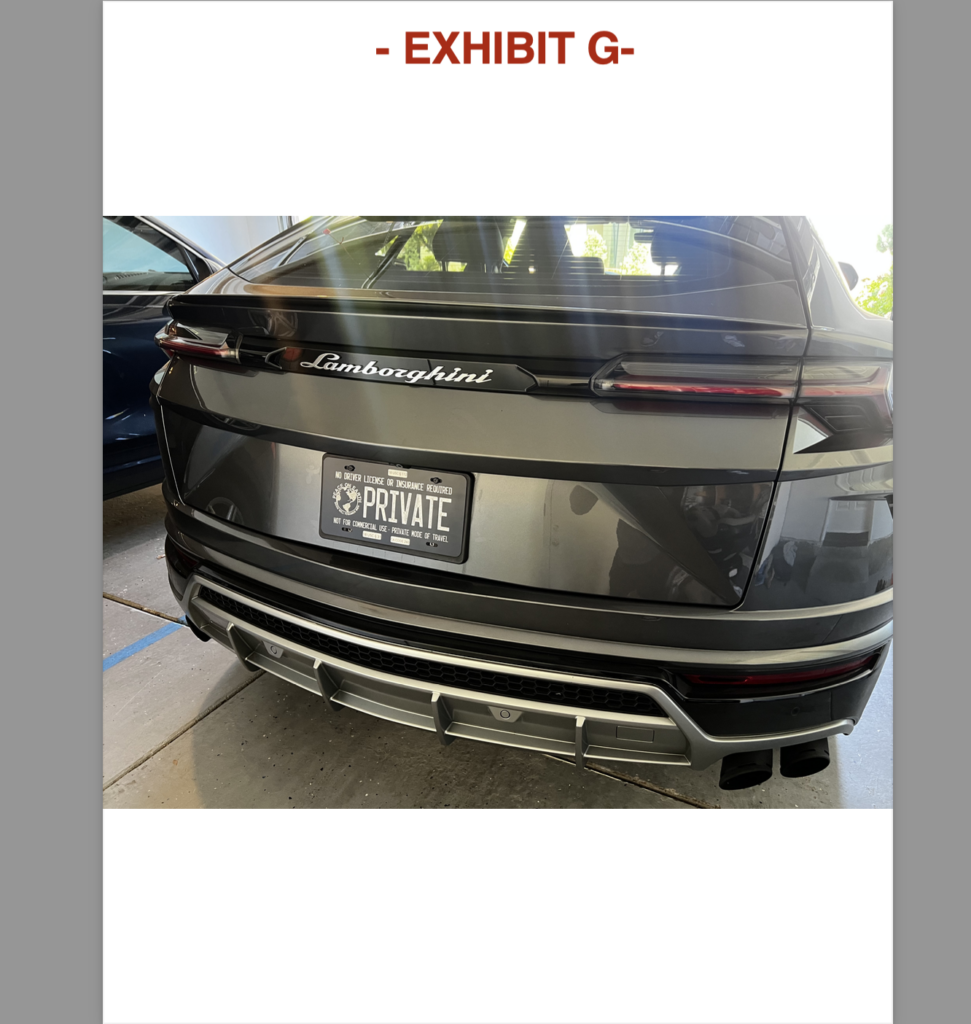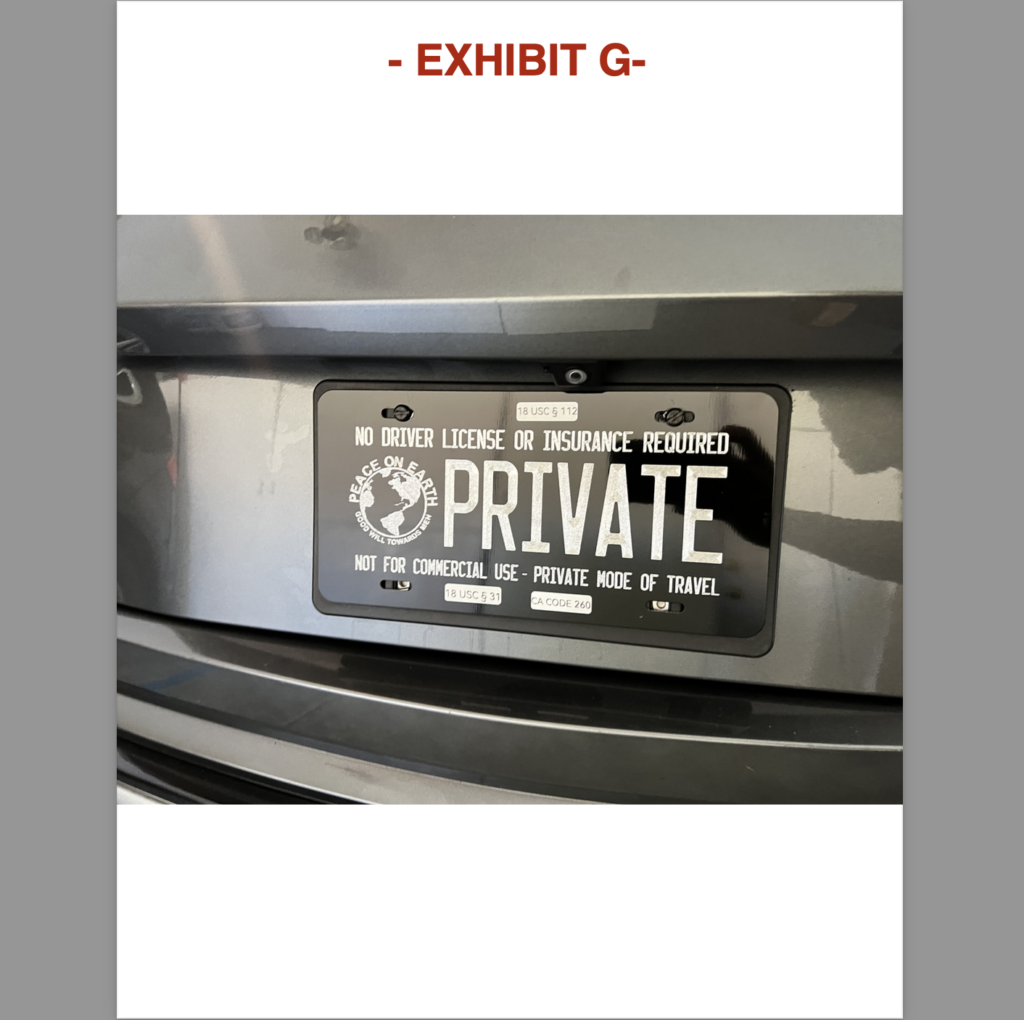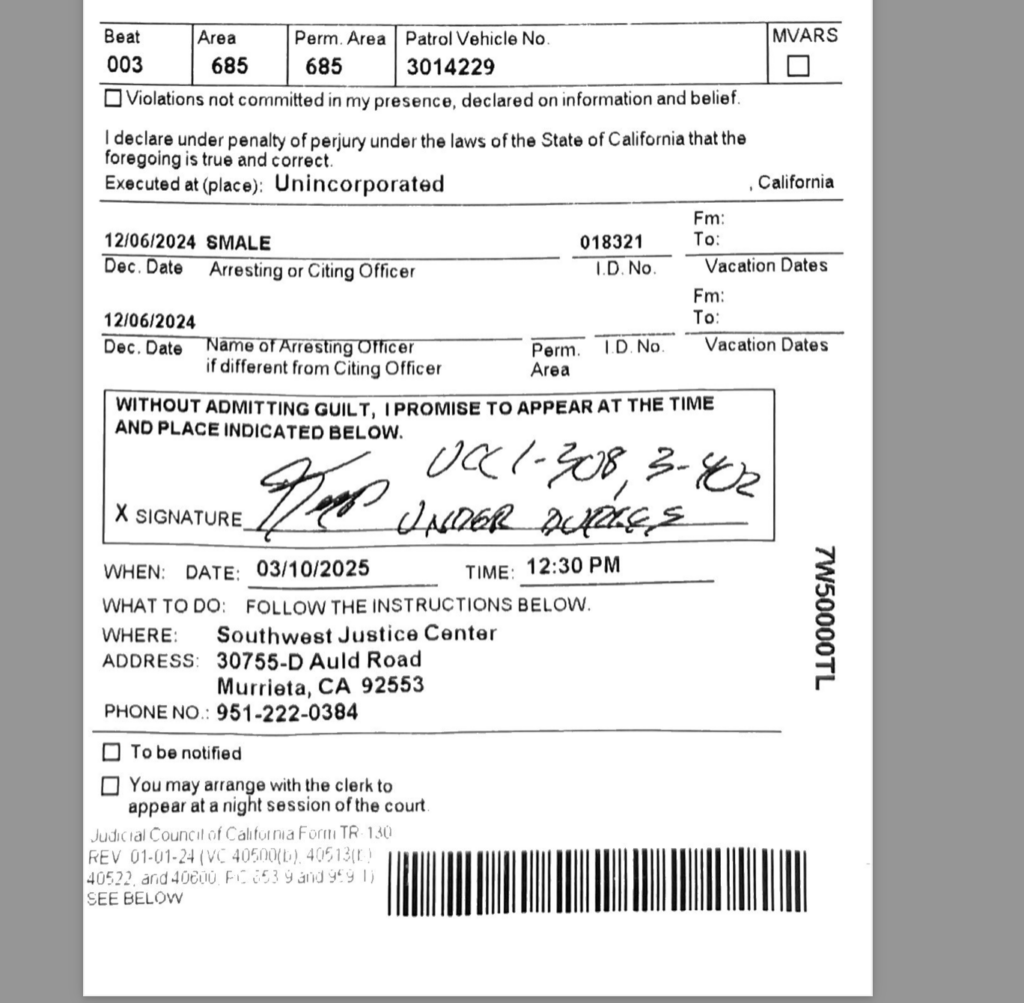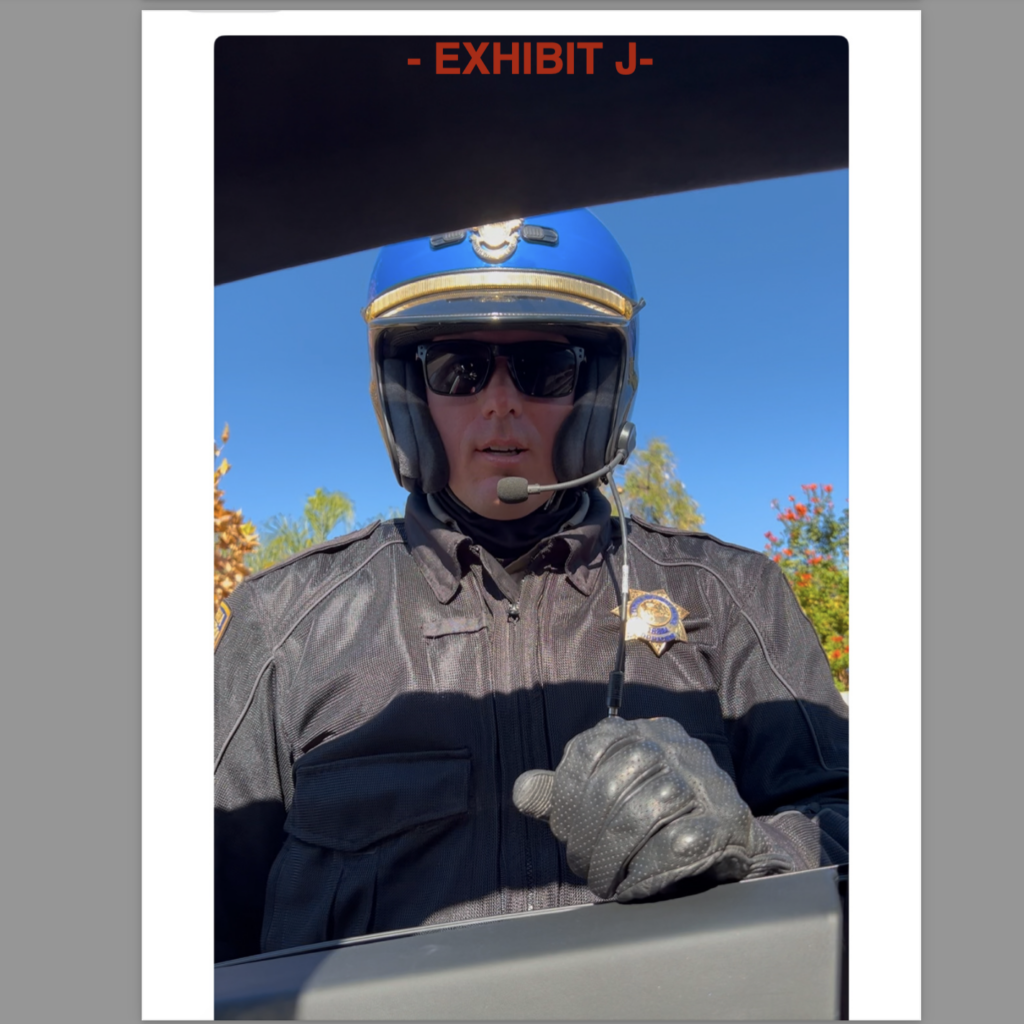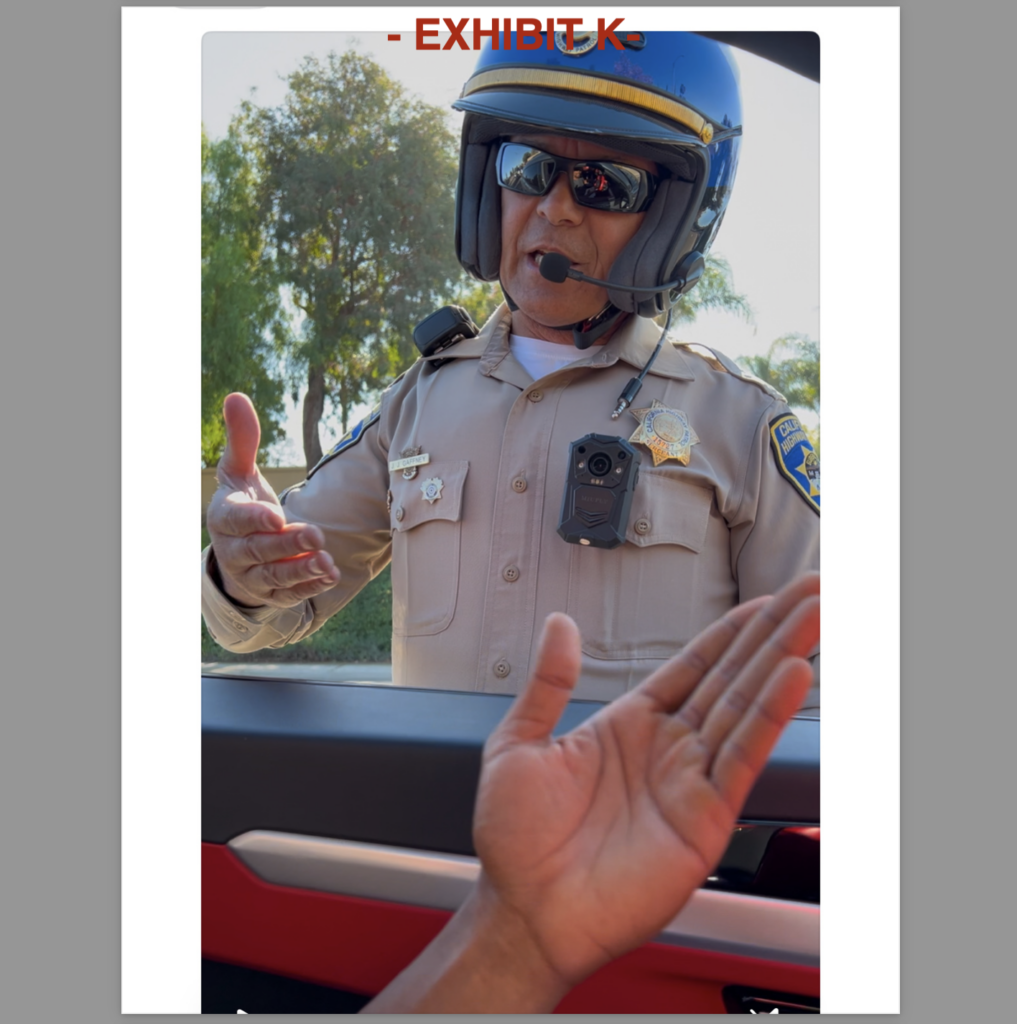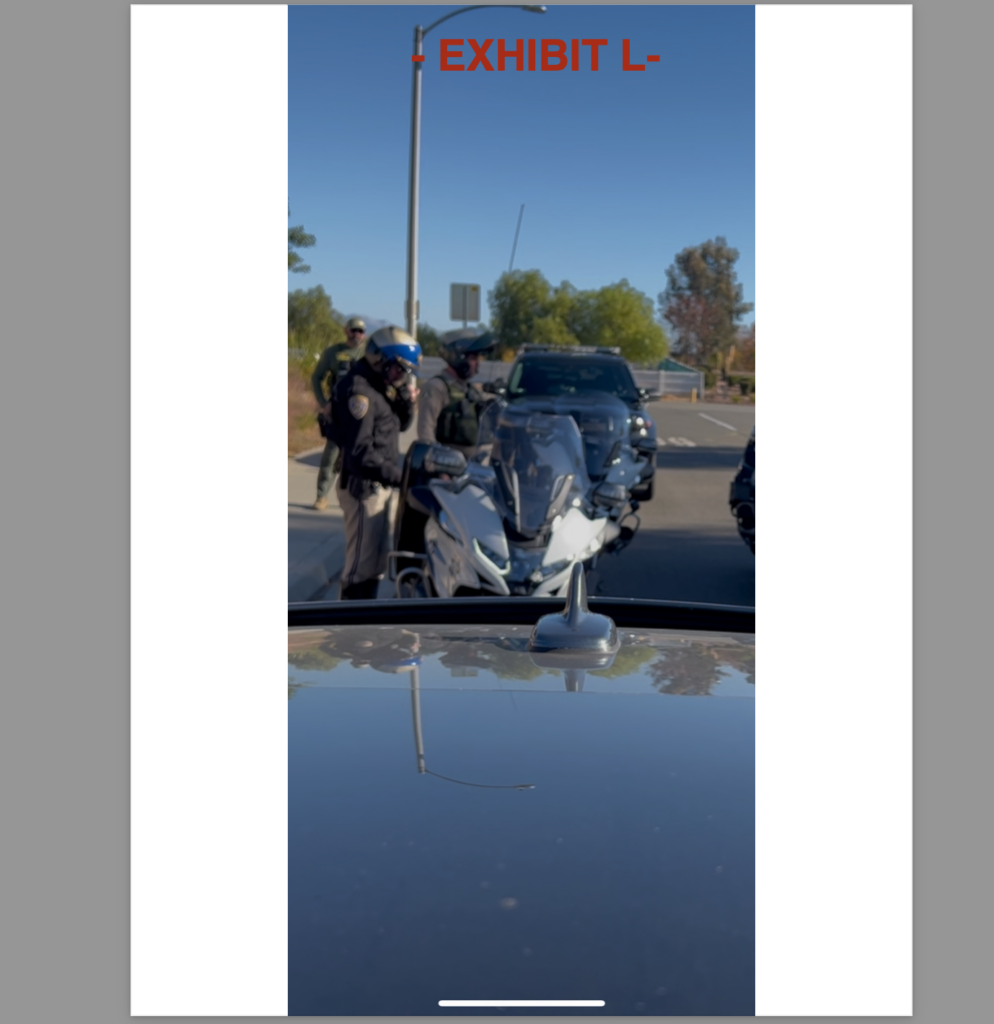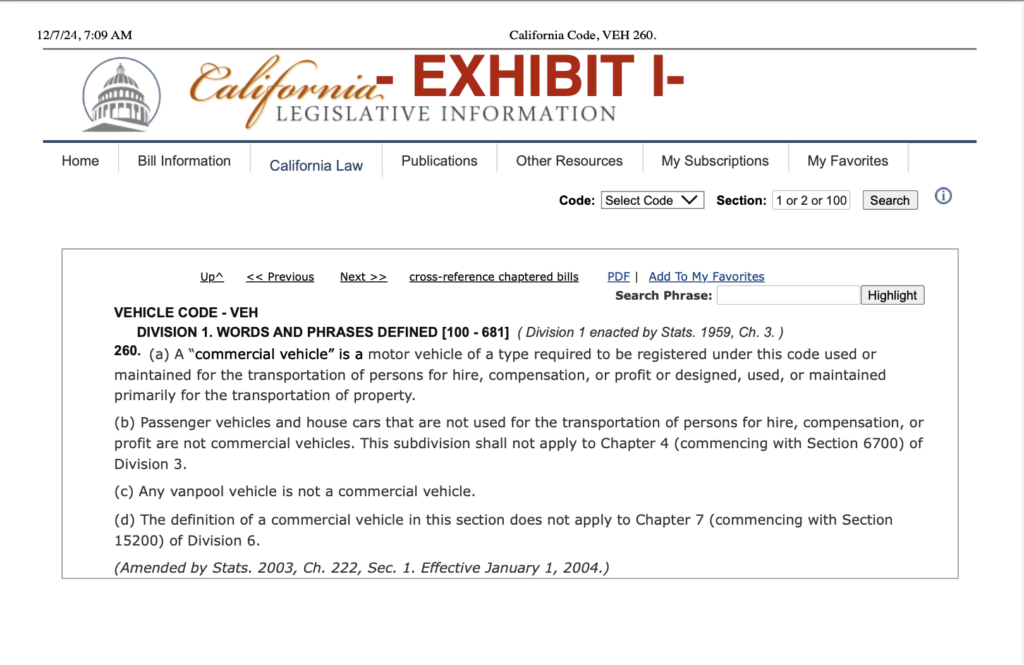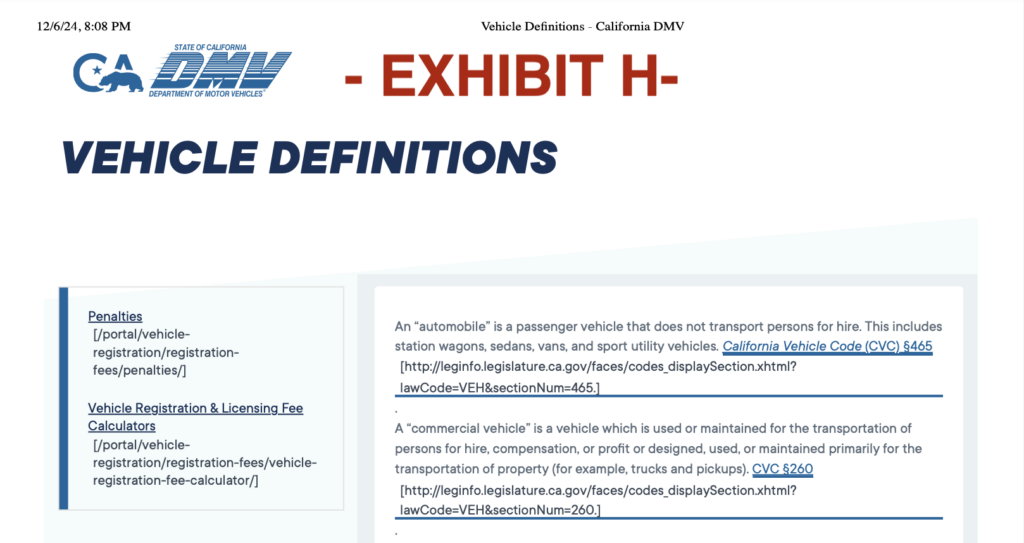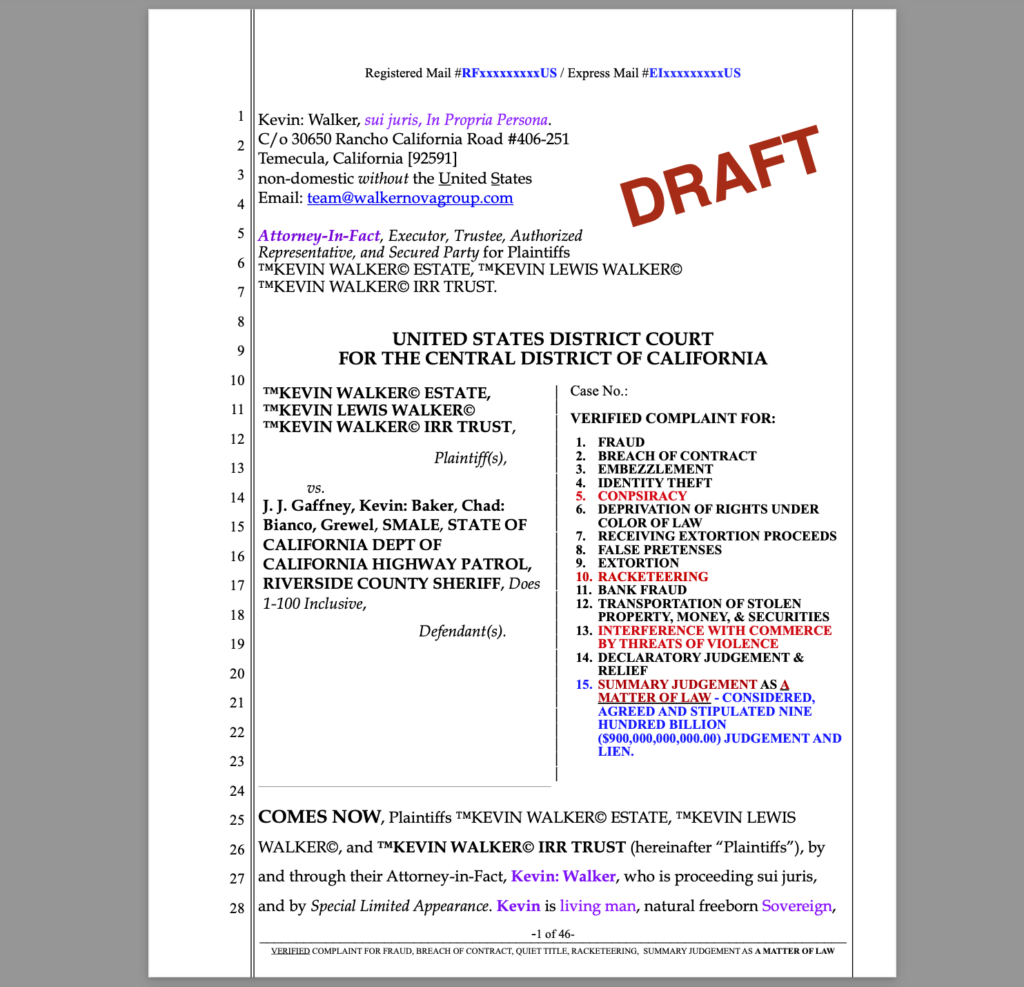
$900 Billion Lawsuit Pending due to Federal Crimes Committed by CHP Officers “J. J. Gaffney” and “SMALE” and Riverside Sheriff Deputy “Grewel”
In today’s complex legal and administrative landscape, asserting individual sovereignty and the right to travel is more important than ever. This article explores the significance of self-executing contracts and security agreements, examining their role in preserving personal freedoms, ensuring due process, and protecting fundamental rights. Using the case of ™KEVIN WALKER© ESTATE, ™KEVIN LEWIS WALKER©, ™KEVIN WALKER© IRR TRUST, represented by attorney-in-fact Kevin Walker, this piece highlights the legal principles, precedents, and doctrines underpinning these critical instruments in protecting the right to travel.

